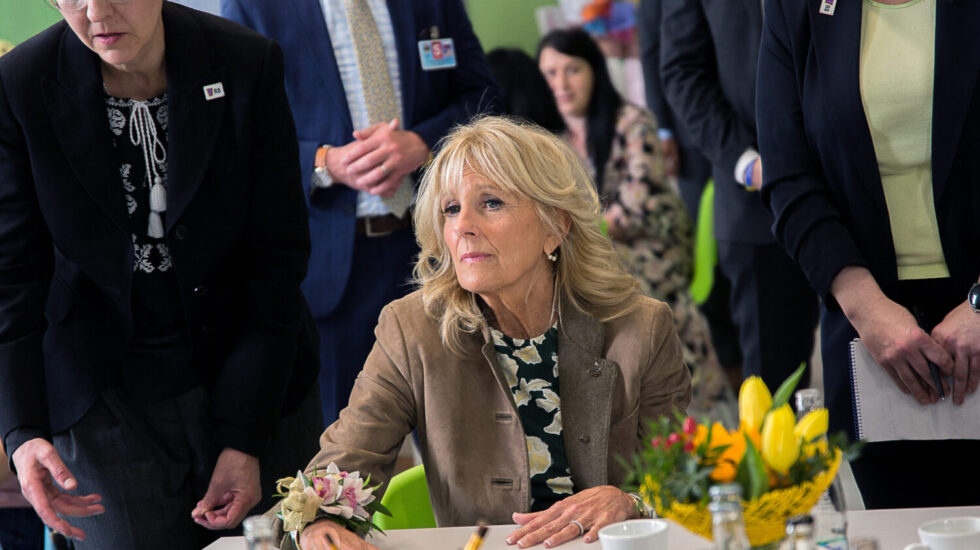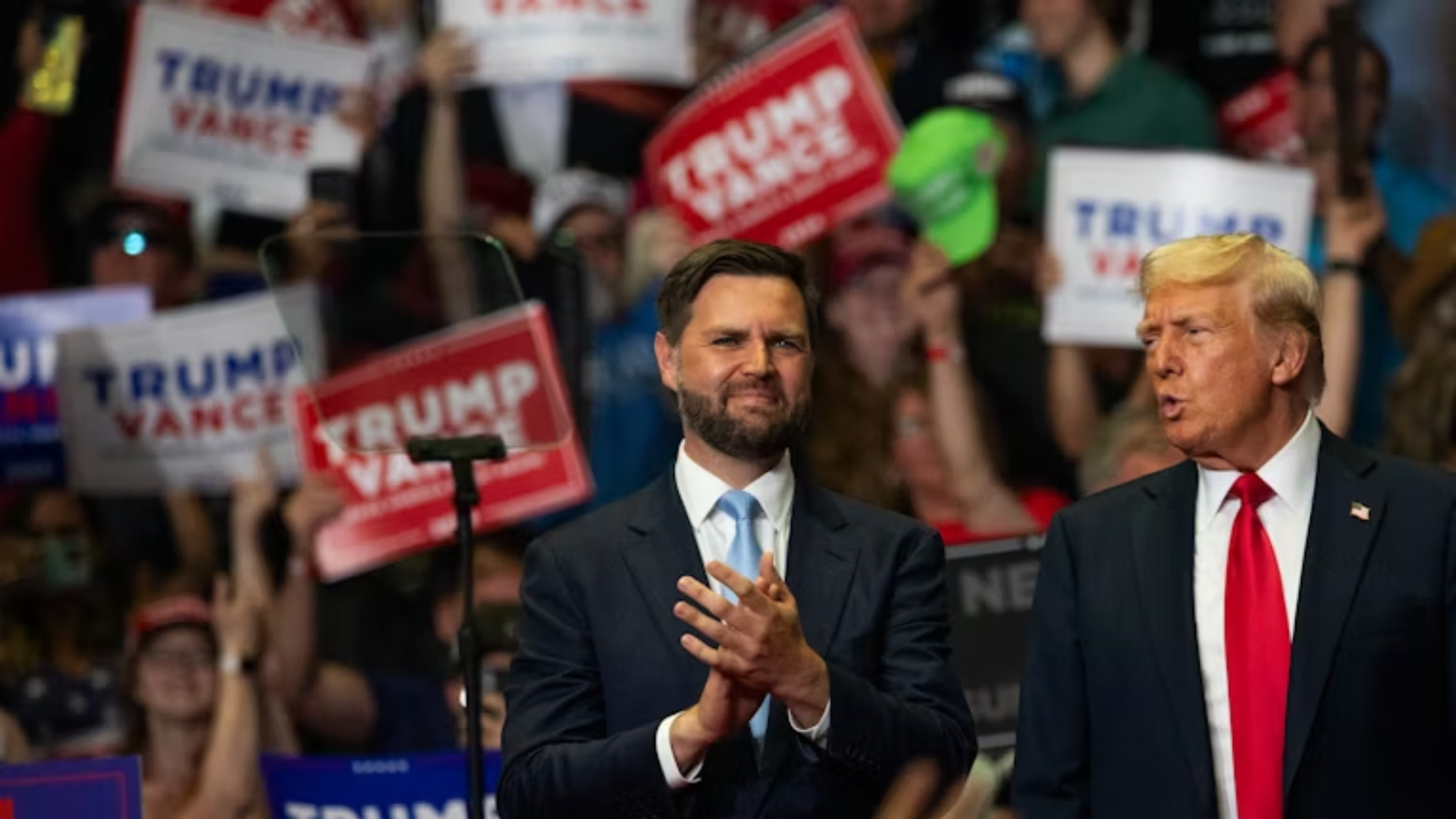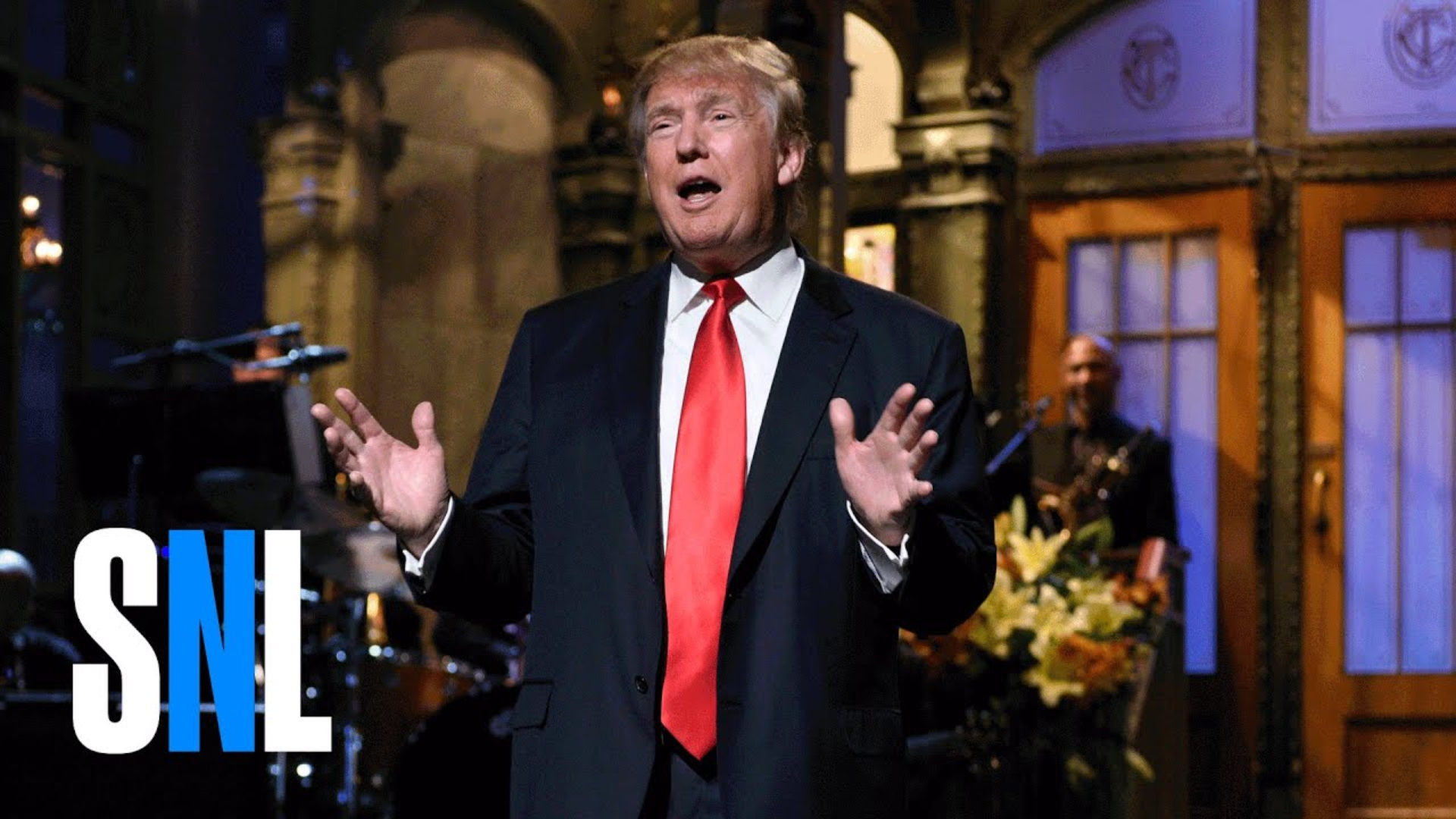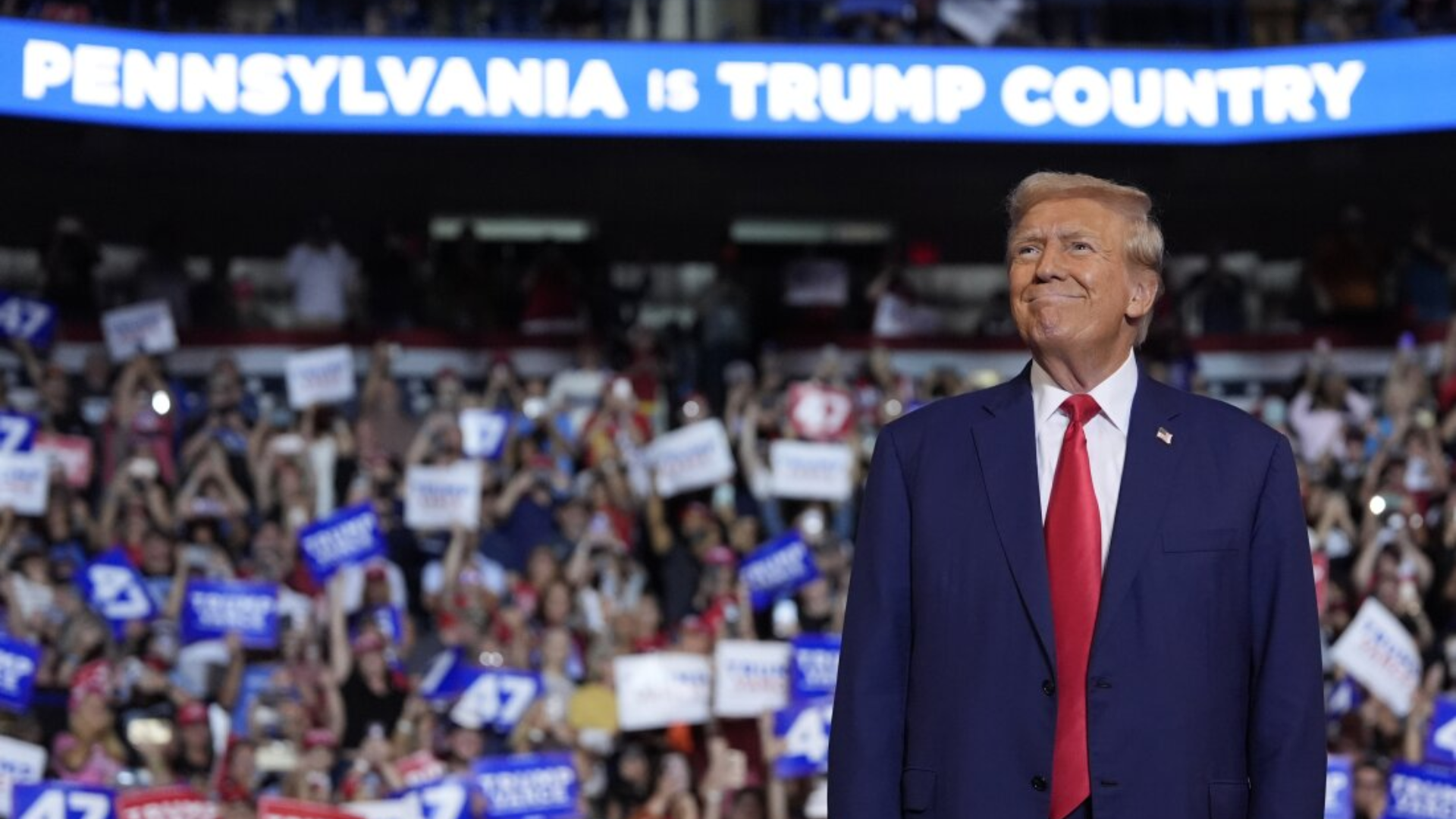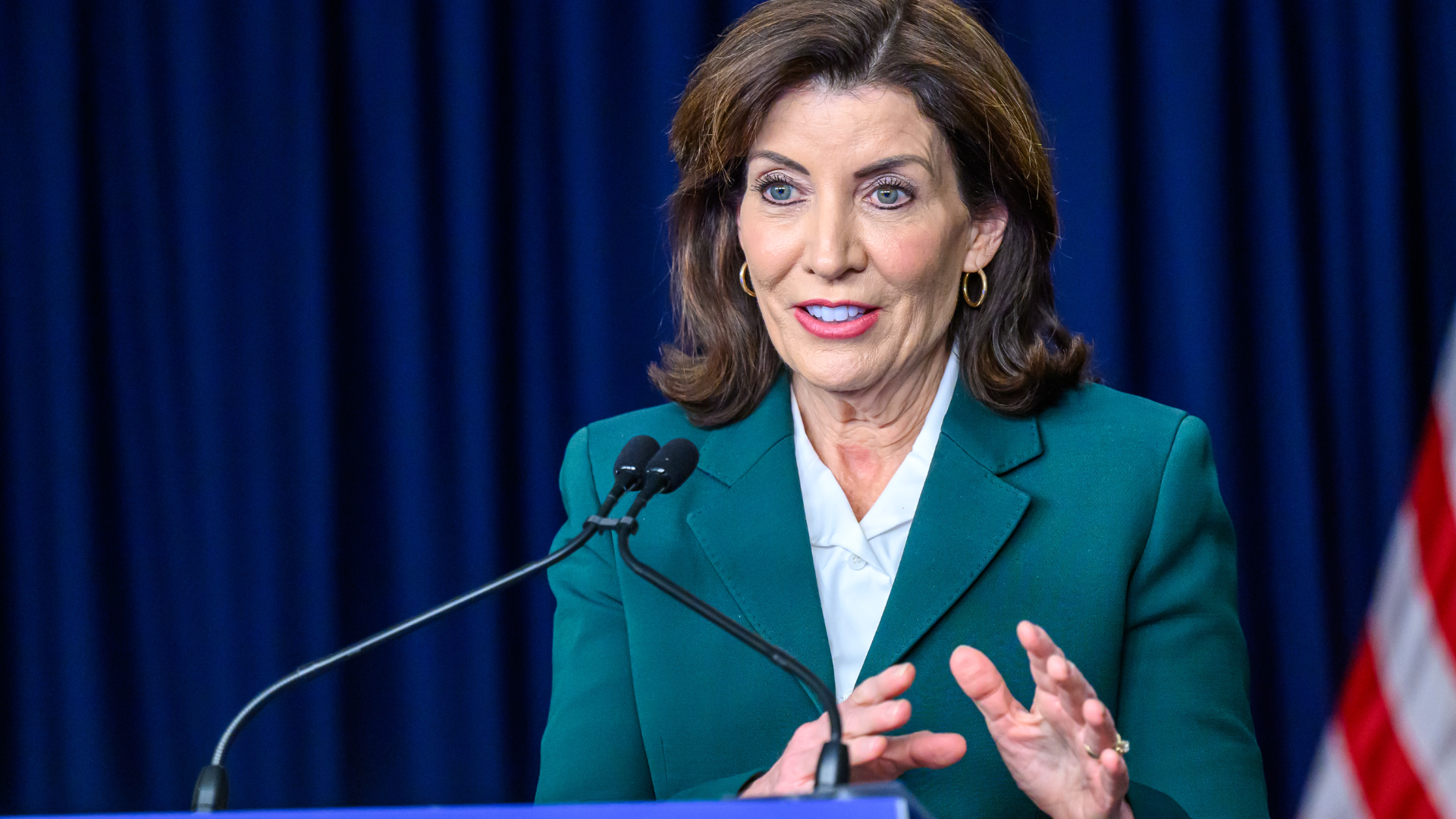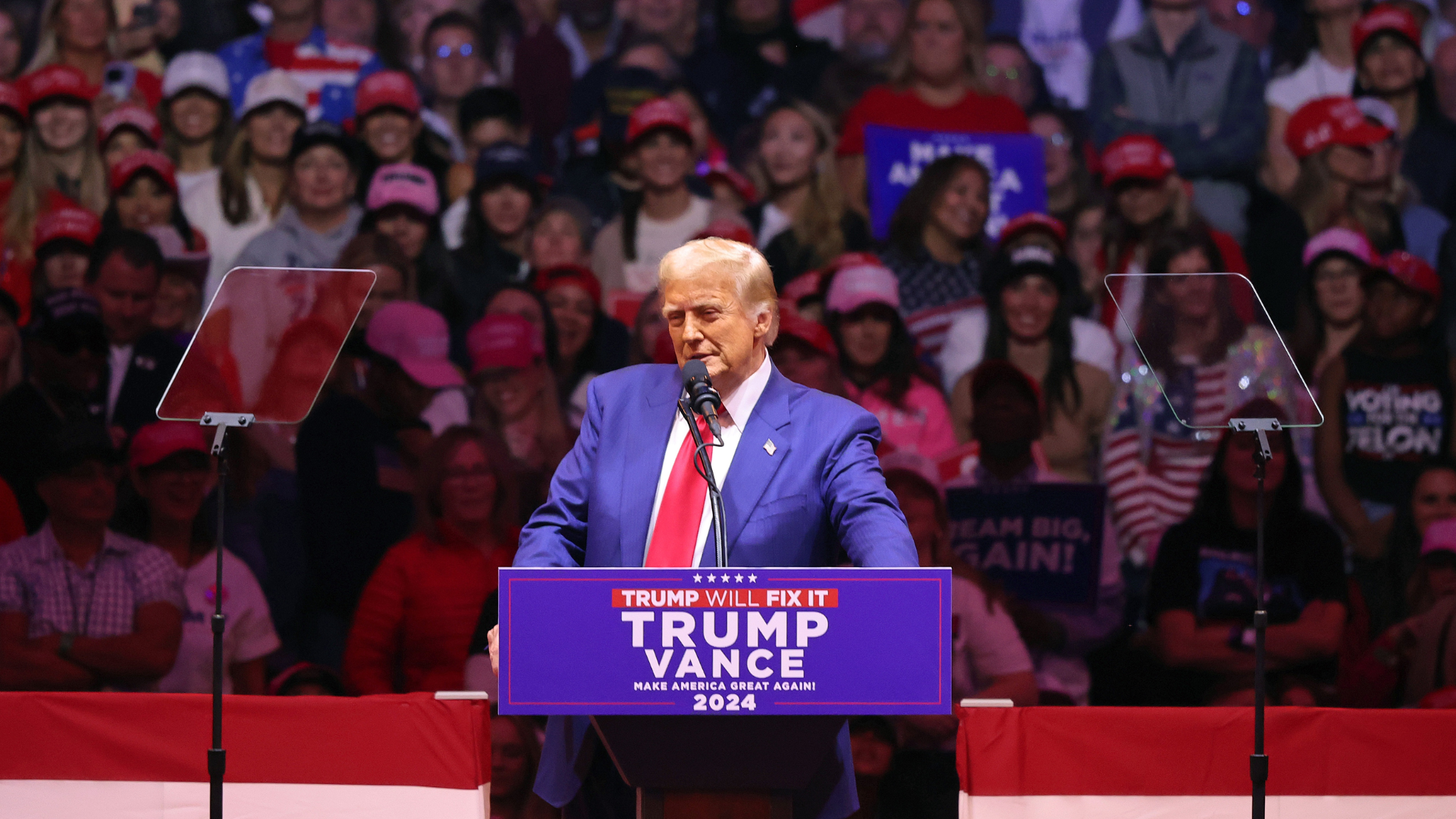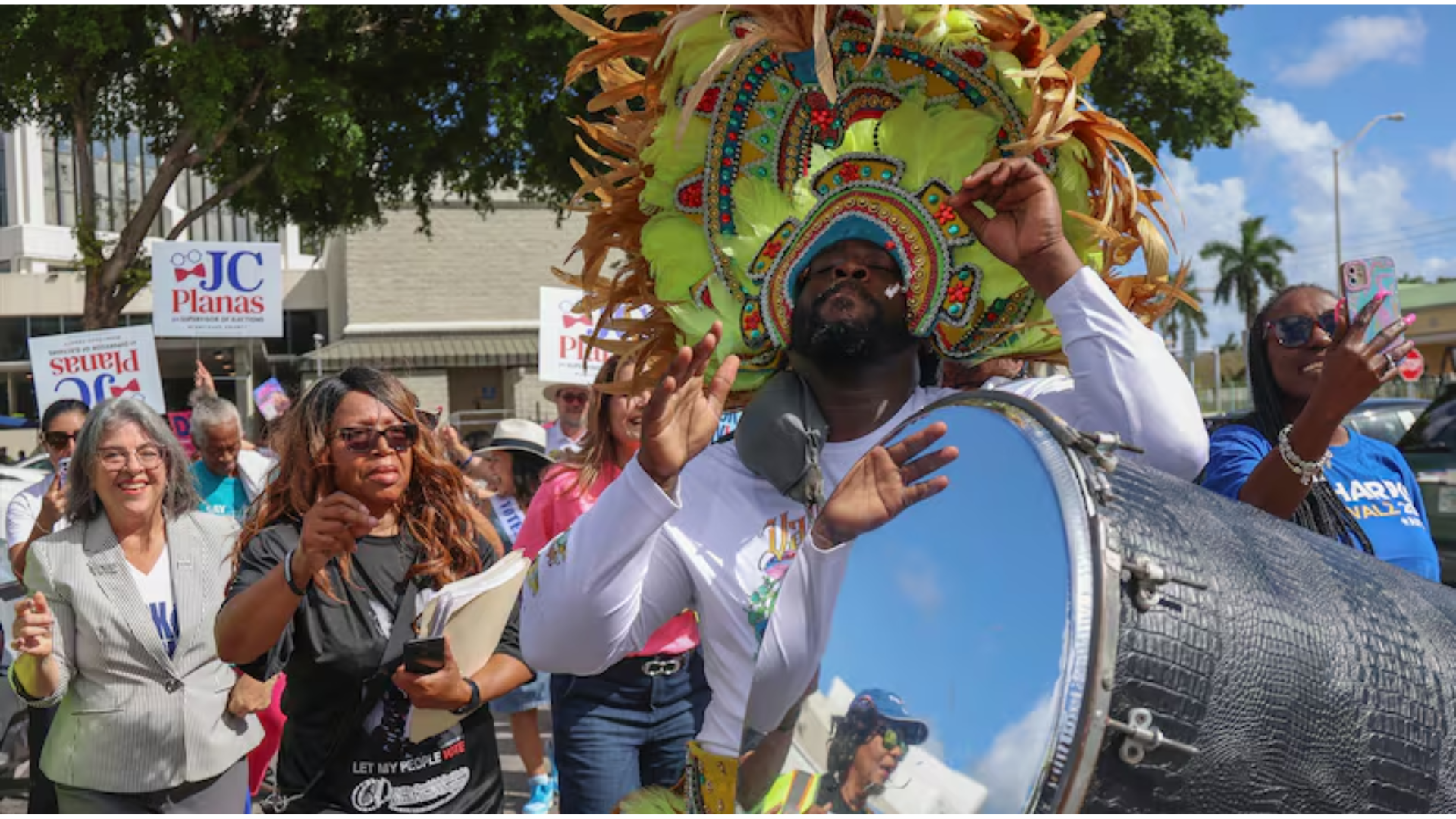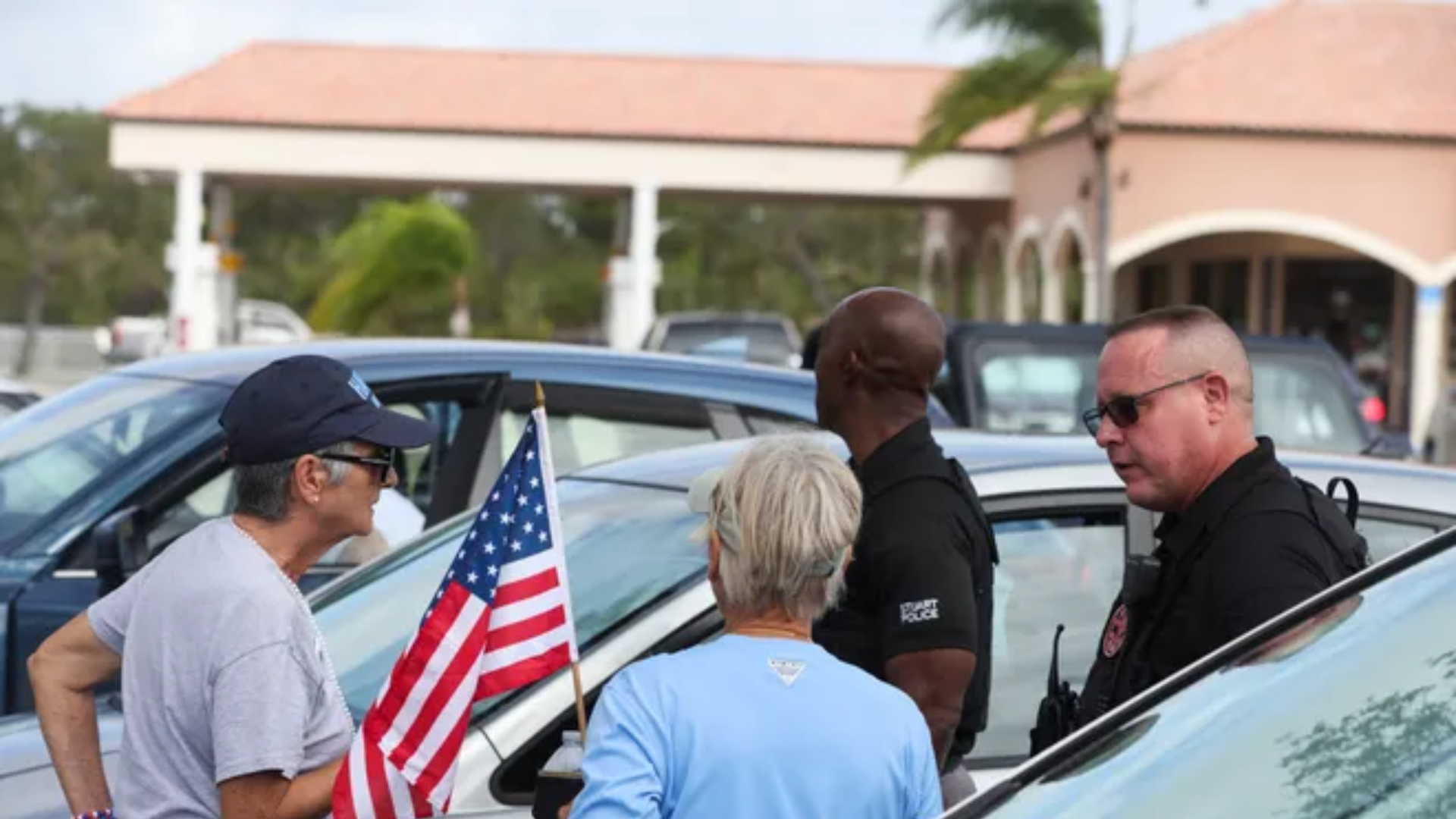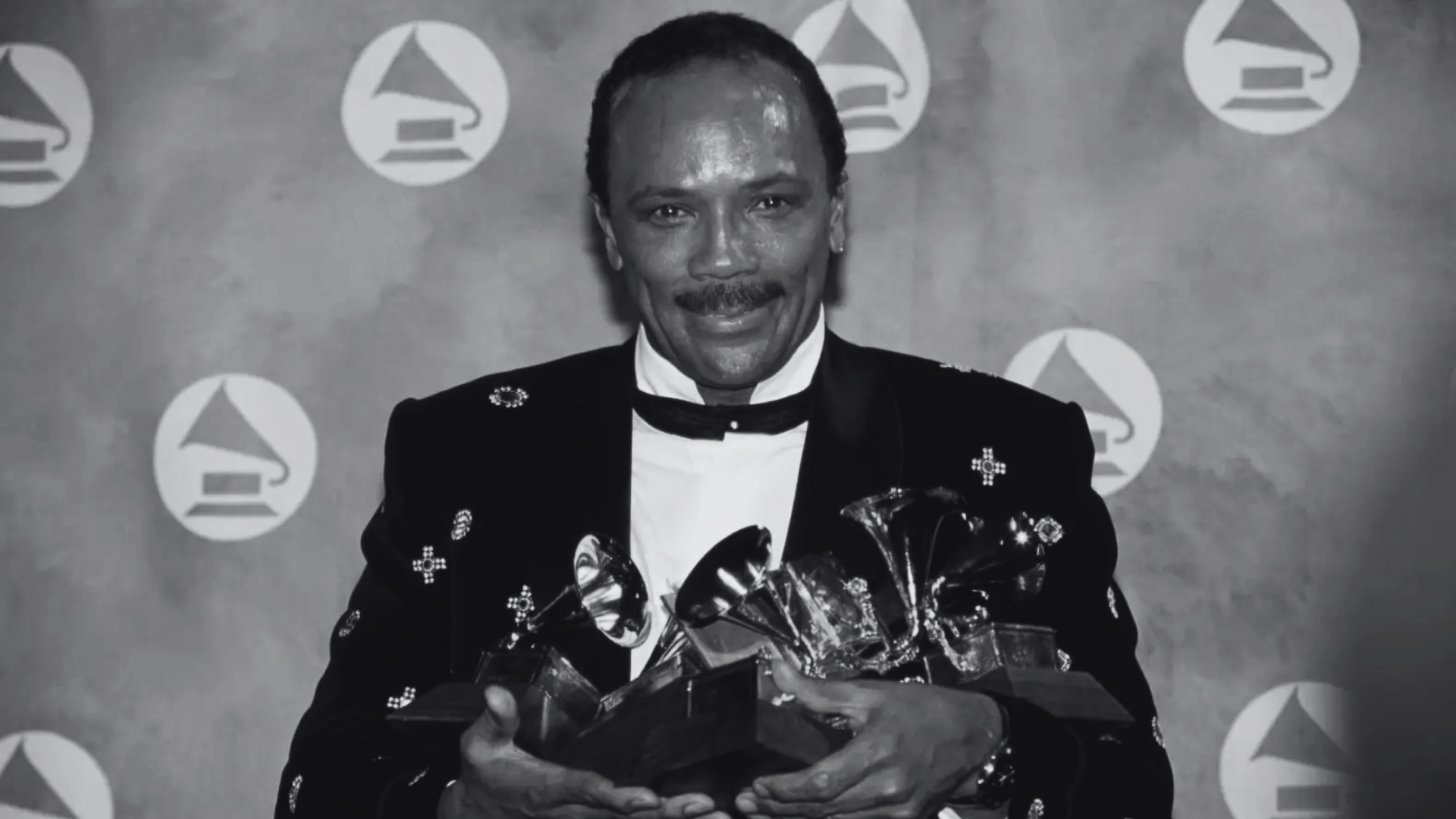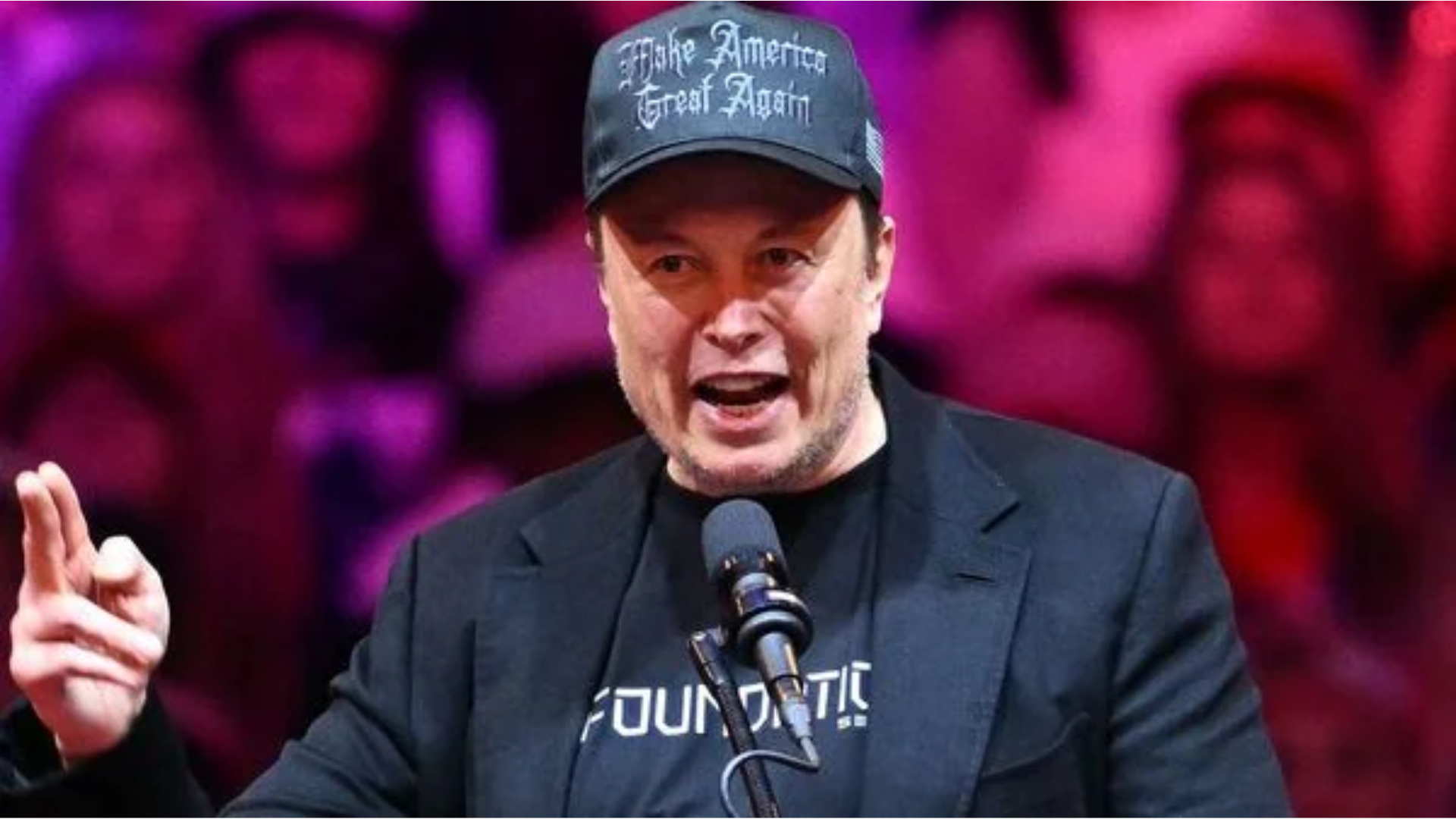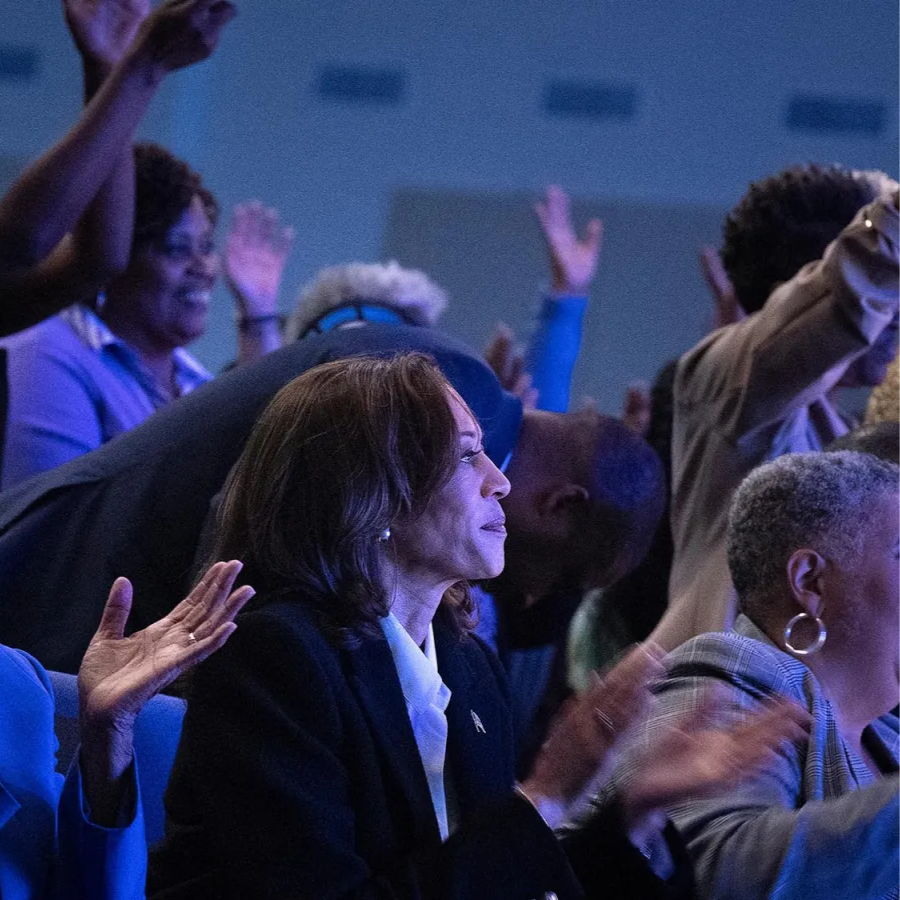
In the final week leading up to the election, Vice President Kamala Harris has received endorsements from over 1,000 religious leaders, bolstering her campaign’s efforts to engage Black and faith-based voters. Among these supporters is the Rev. William J. Barber II, a prominent North Carolina-based pastor and advocate, who emphasized his personal choice to support Harris in opposing what he calls the “dangerous politics” associated with former President Donald Trump and the MAGA movement. Barber’s endorsement underscores a critical component of Harris’s closing strategy: mobilizing communities of faith, particularly within the Black community.
Harris’s Connection to Faith and Voters
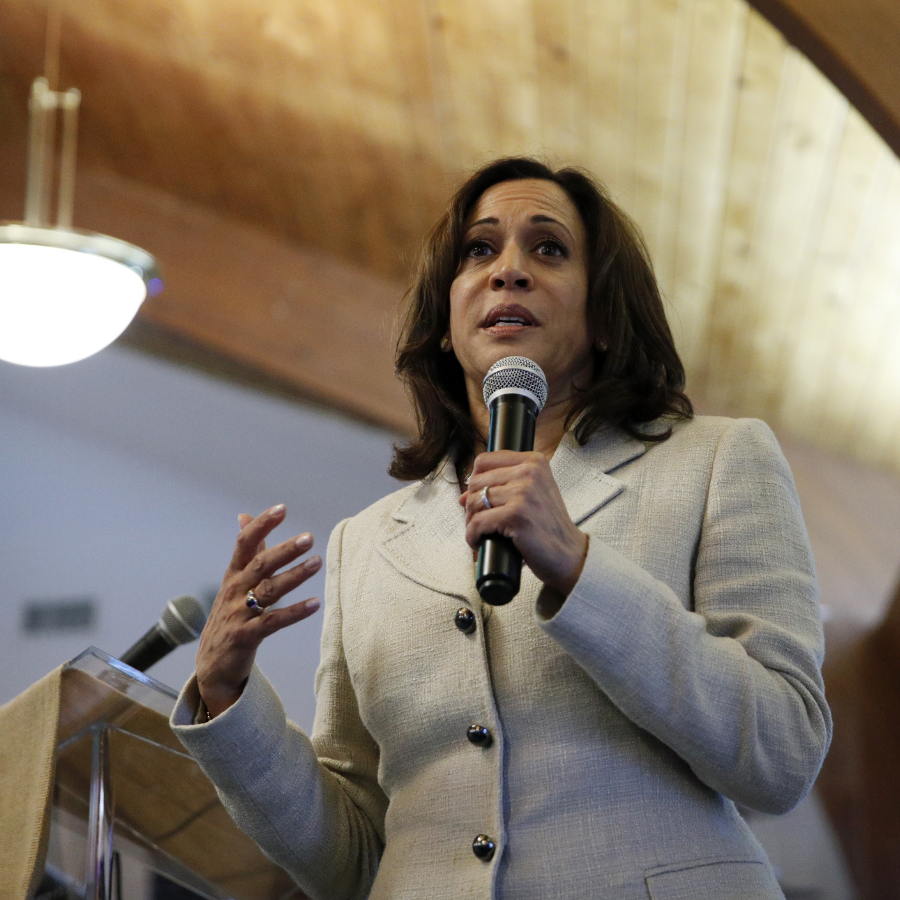
Throughout her campaign, Harris has frequently referenced her personal faith and her ties to Black faith communities. Having grown up attending a Black Baptist church in Oakland, she’s leaned on this connection to resonate with Black voters, especially as she joined her longtime pastor, Rev. Amos C. Brown III, at recent “souls to the polls” events. This initiative aims to encourage Black churchgoers in key swing states to vote, emphasizing faith as a driving force in making a difference at the ballot box. Harris highlighted her daily commitment to prayer during a CNN town hall, stating, “I was raised to believe that faith is a verb,” which aligns with her campaign’s efforts to turn faith-based values into action for social change.
The Battle for Religious Voters
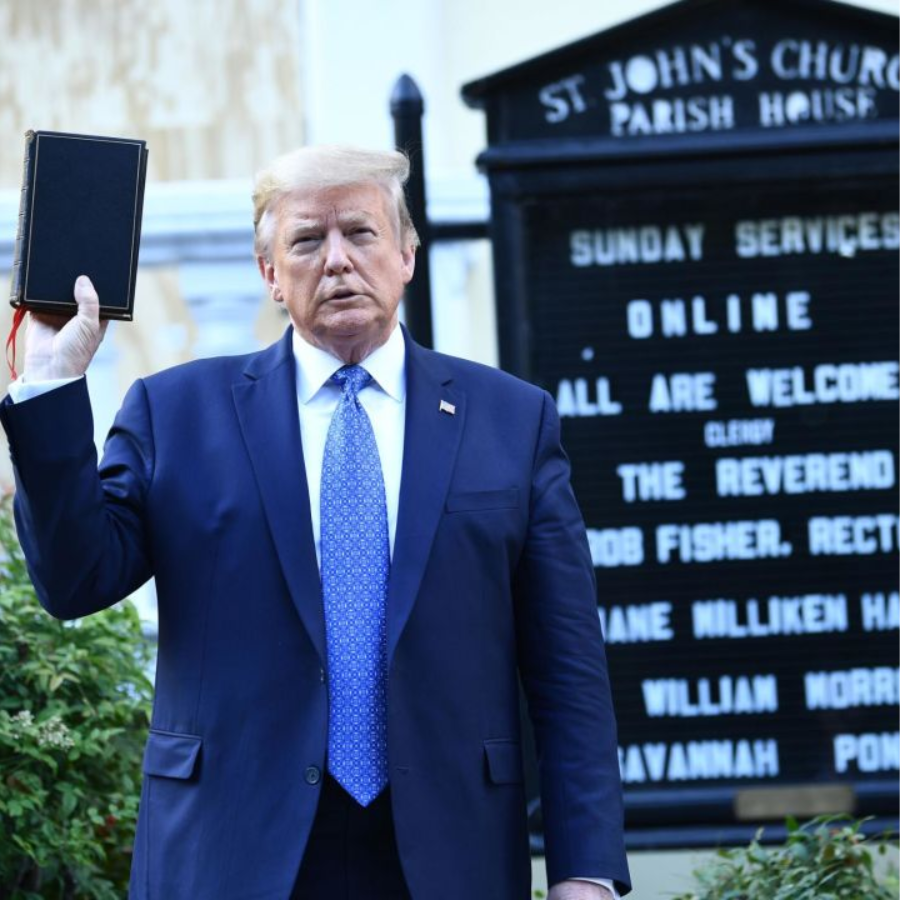
While Harris seeks to galvanize support from faith communities, Donald Trump has similarly intensified his outreach to religious voters, especially targeting White evangelicals, a longstanding Republican base. Following an assassination attempt earlier this year, Trump and his supporters attributed his survival to divine intervention, reinforcing his image as a protector of religious liberties. Trump has also highlighted his role in appointing three conservative Supreme Court justices, which led to the rollback of federal abortion rights, a move that appeals to conservative Christian voters. Recently, Trump has extended his outreach to Muslim and Arab American voters in Michigan, tapping into their discontent with Harris over the Biden administration’s policies on the Israel-Gaza conflict.
At a recent Michigan rally, Trump invited Muslim leaders onstage, asserting that religious groups, including Muslims, Jews, Catholics, and Mormons, were rallying behind his campaign in unprecedented numbers. This move reflects Trump’s strategic appeal to a broader spectrum of religious voters, framing his campaign as a coalition of faith-based Americans disillusioned with the current administration.
Faith Leaders and Their Influence
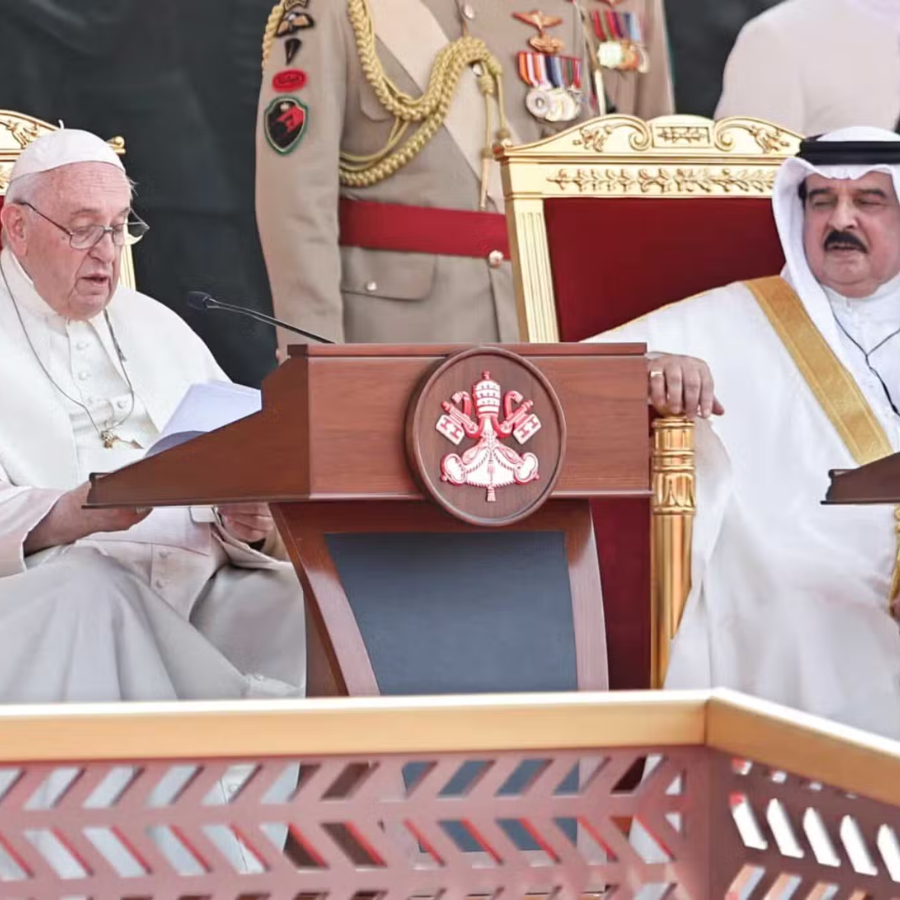
As the election approaches, Barber and other faith leaders continue to play a significant role in mobilizing support for Harris, both through public endorsements and grassroots initiatives. Barber, who has called for a ceasefire in Gaza and has been critical of policies that neglect lower-income Americans, stressed the urgency of the election, stating, “There’s no middle ground when it comes to fascism.” His support, along with endorsements from figures like Bishop Leah Daughtry and other prominent faith leaders, is crucial to Harris’s outreach to faith-driven voters.
The Harris campaign’s National Advisory Board of Black Faith Leaders has been instrumental in coordinating these efforts, leveraging their influence across cities nationwide. As Harris continues to underscore the importance of faith in her campaign, these leaders remain actively engaged, supporting the Democratic ticket as they rally voters to make their voices heard on election day.
